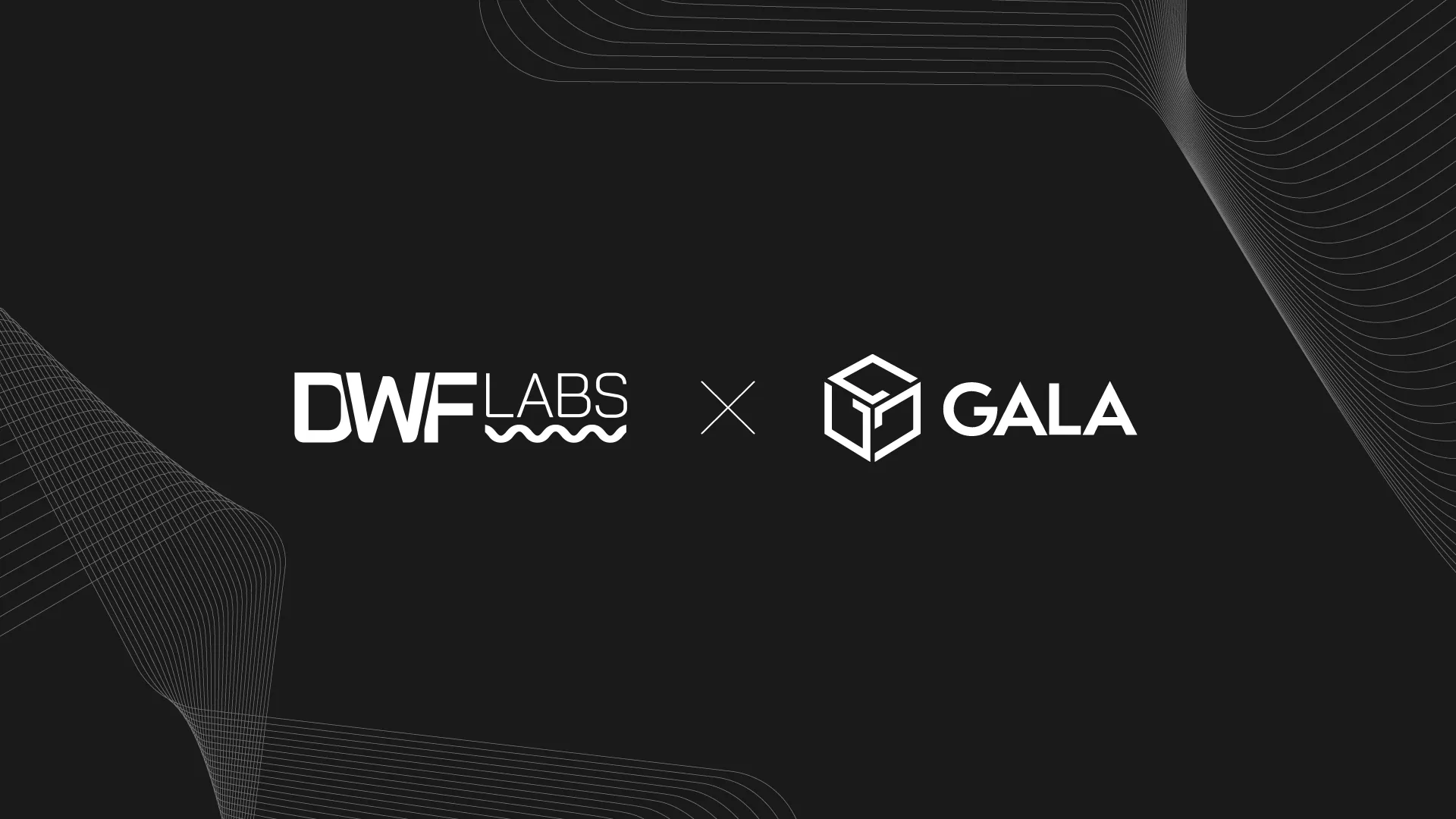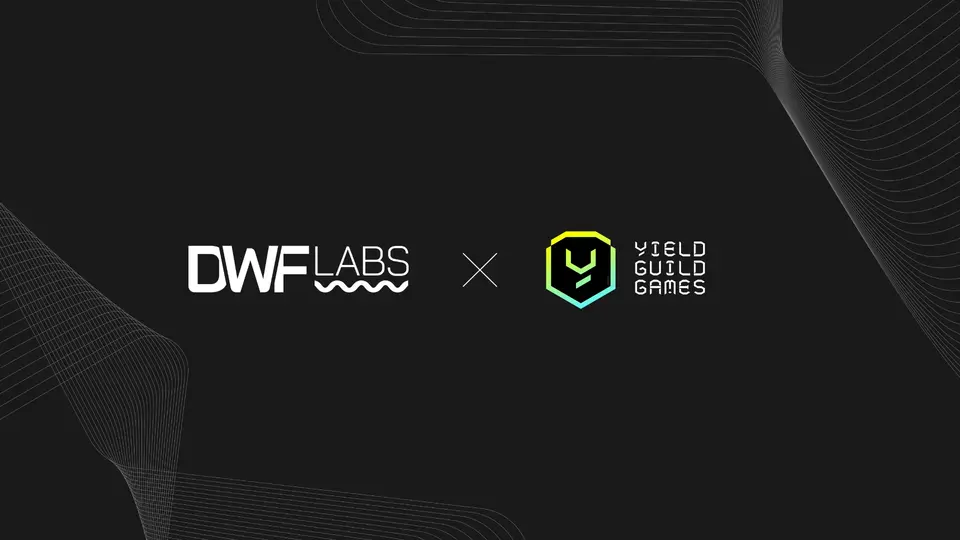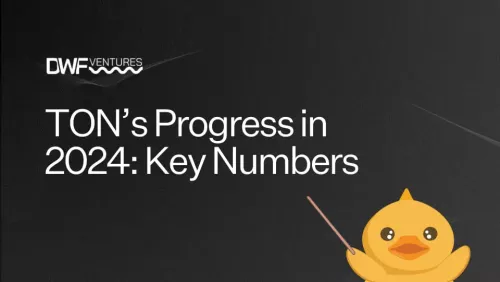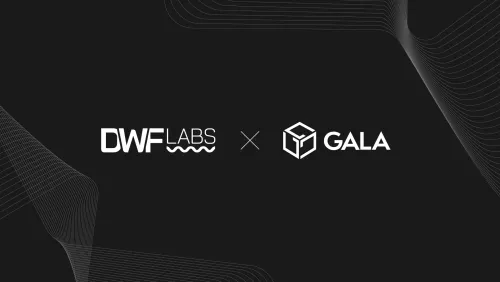DWF Labs, the new generation Web3 investor and market maker, has announced a strategic collaboration with Gala Games, a prominent leader in blockchain entertainment that boasts millions of users across its gaming, film, and music platform.
This new strategic partnership will support Gala in their massive and rapid expansion of their Layer 1 (L1) blockchain, GalaChain. Together with DWF Labs, the project aims to harness its expansive network of high-quality partners and experienced builders to accelerate the adoption of its L1, a common issue facing many of the crypto projects today.
‘We are actively working with thought leaders and VCs in both Web2 and Web3 to cement GalaChain as one of the preeminent blockchains for the future of decentralized technology. DWF Labs is a leader in this space and we are delighted to work closely with them on this rollout,’ said Jason Brink, Gala’s President of Blockchain.
Andrei Grachev, Managing Partner at DWF Labs, shared his anticipation for the partnership:
‘Gala Games’s ability to onboard millions of users over the last few years is a testament to its potential to rapidly growing the use of its L1 network, GalaChain. Our alliance will help amplify its dedication to advancing blockchain integration in all facets of digital entertainment.’
The joint forces of DWF Labs and Gala have strong potential to reshape the landscape of blockchain adoption.
About Gala Games
Gala Games is a comprehensive gaming and NFT platform that operates on both Ethereum and BSC networks. The platform encompasses an ecosystem of blockchain games, aiming to allow users not only to play but also trade NFTs and engage in governance.
The Gala ecosystem primarily comprises the Gala Store and Gala Games. While the store facilitates the use of GALA tokens for purchasing in-game items and NFTs, Gala Games offers a platform for accessing a series of blockchain game titles, including their flagship release, Town Star. Central to the network’s operation is its Triple Proof Node System, which relies on a hybrid consensus mechanism combining Proof-of-Work (PoW), Proof-of-Stake (PoS), and Proof-of-Storage. The system operates through three types of nodes: Founder nodes, Paid nodes, and Free nodes.



